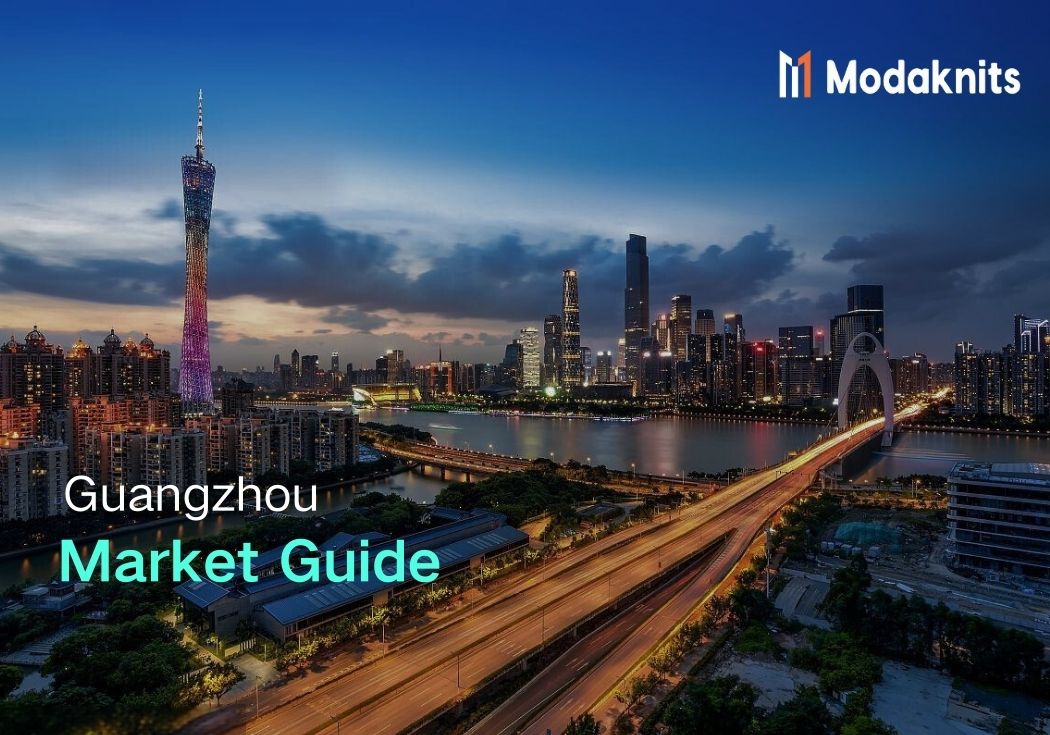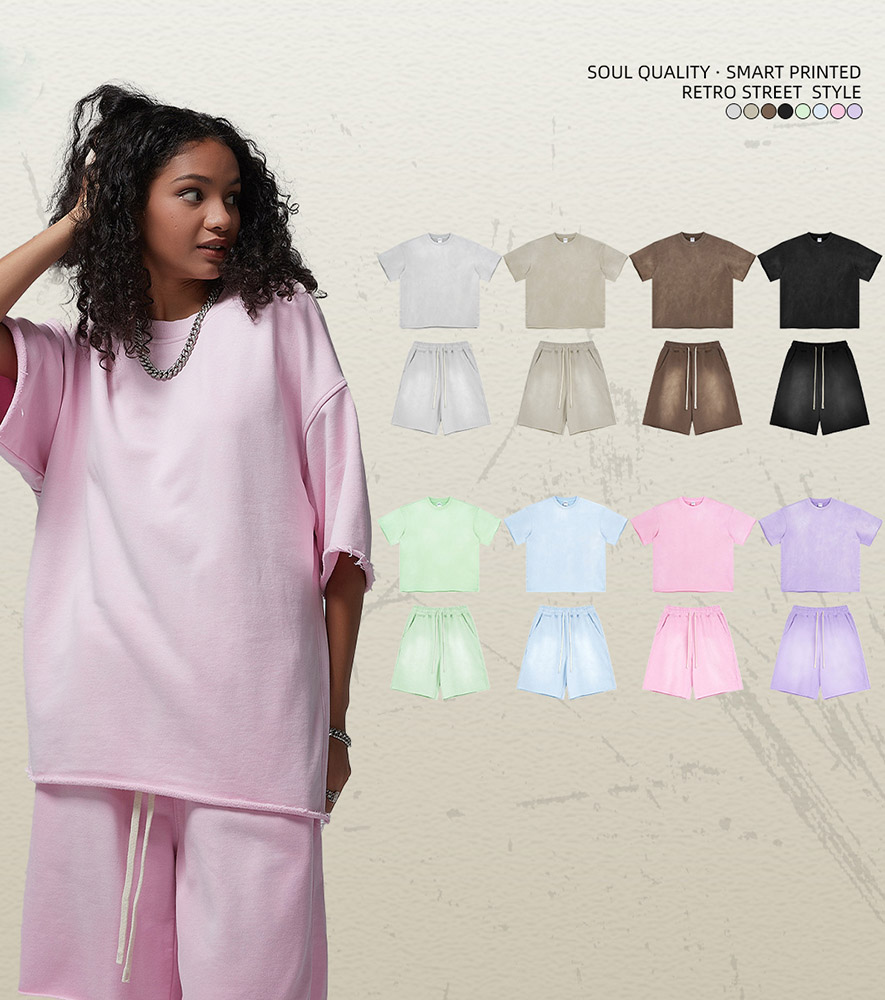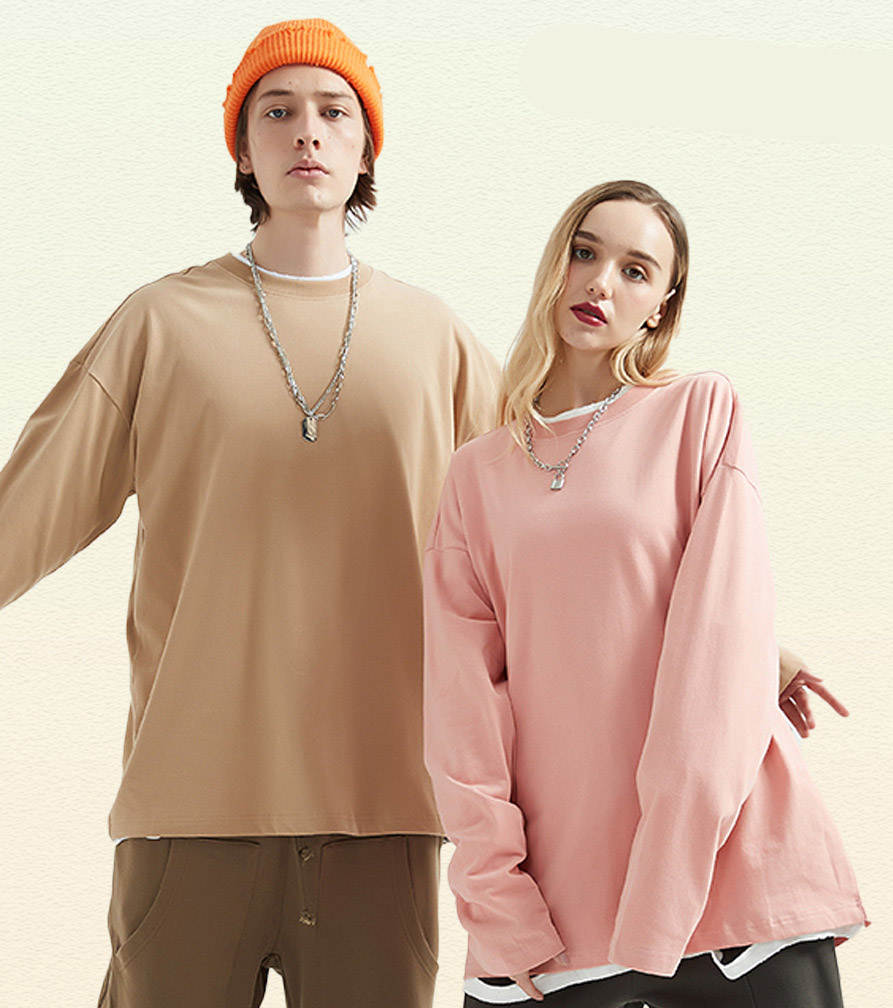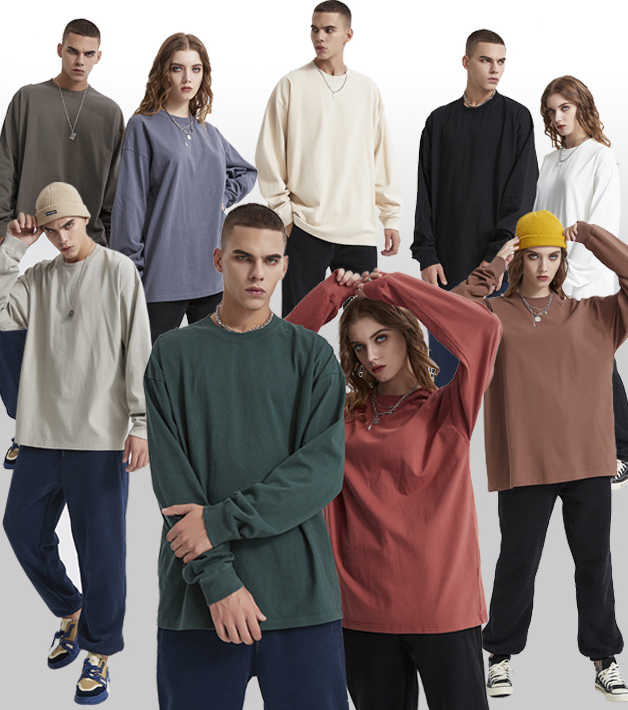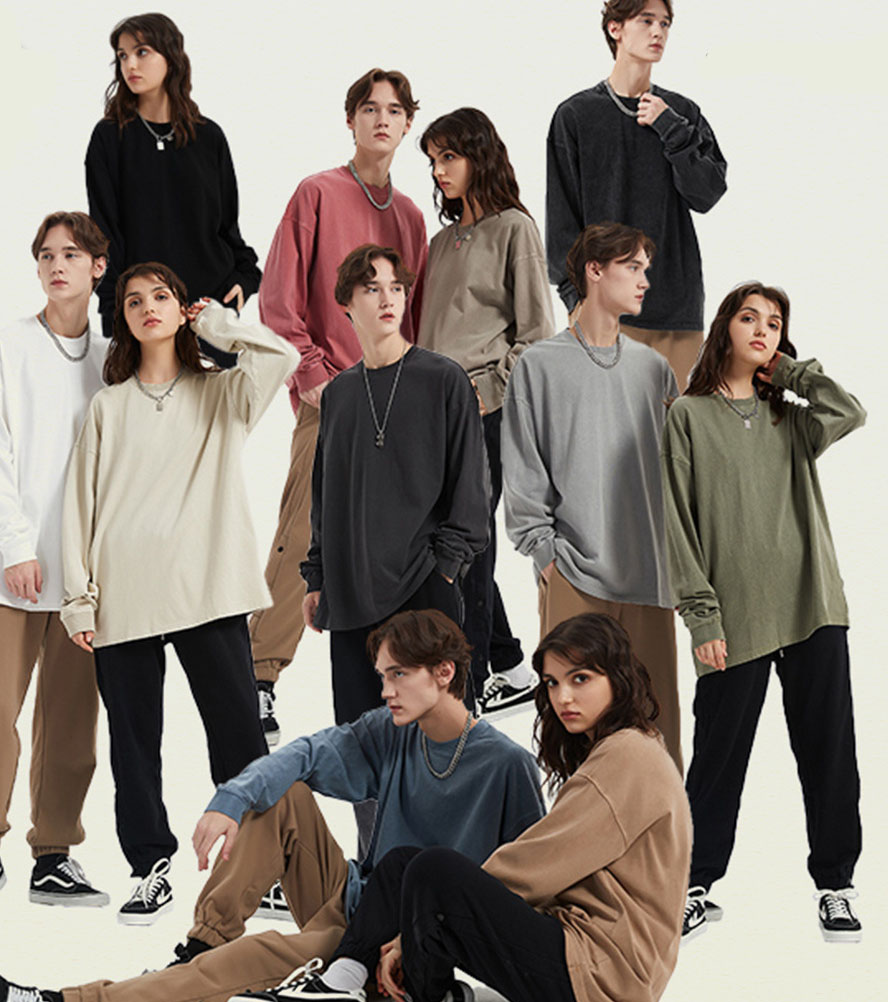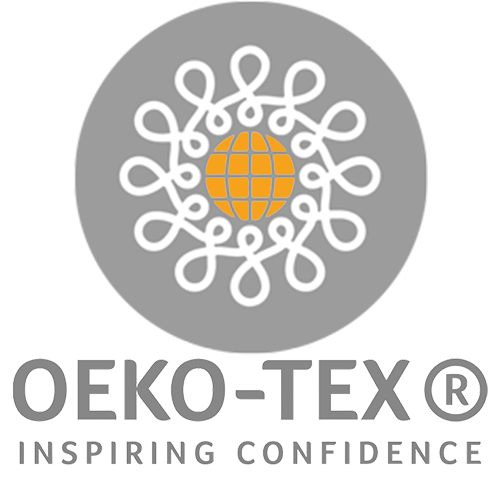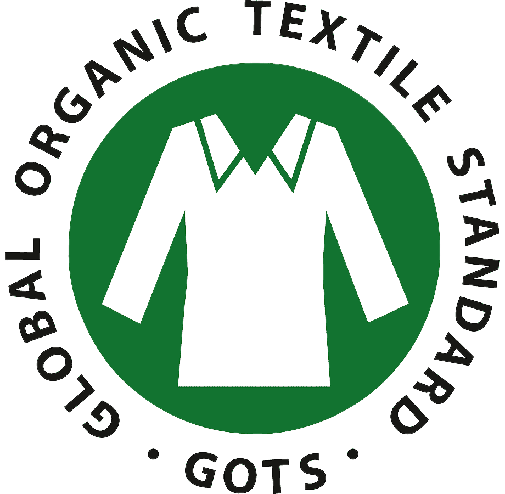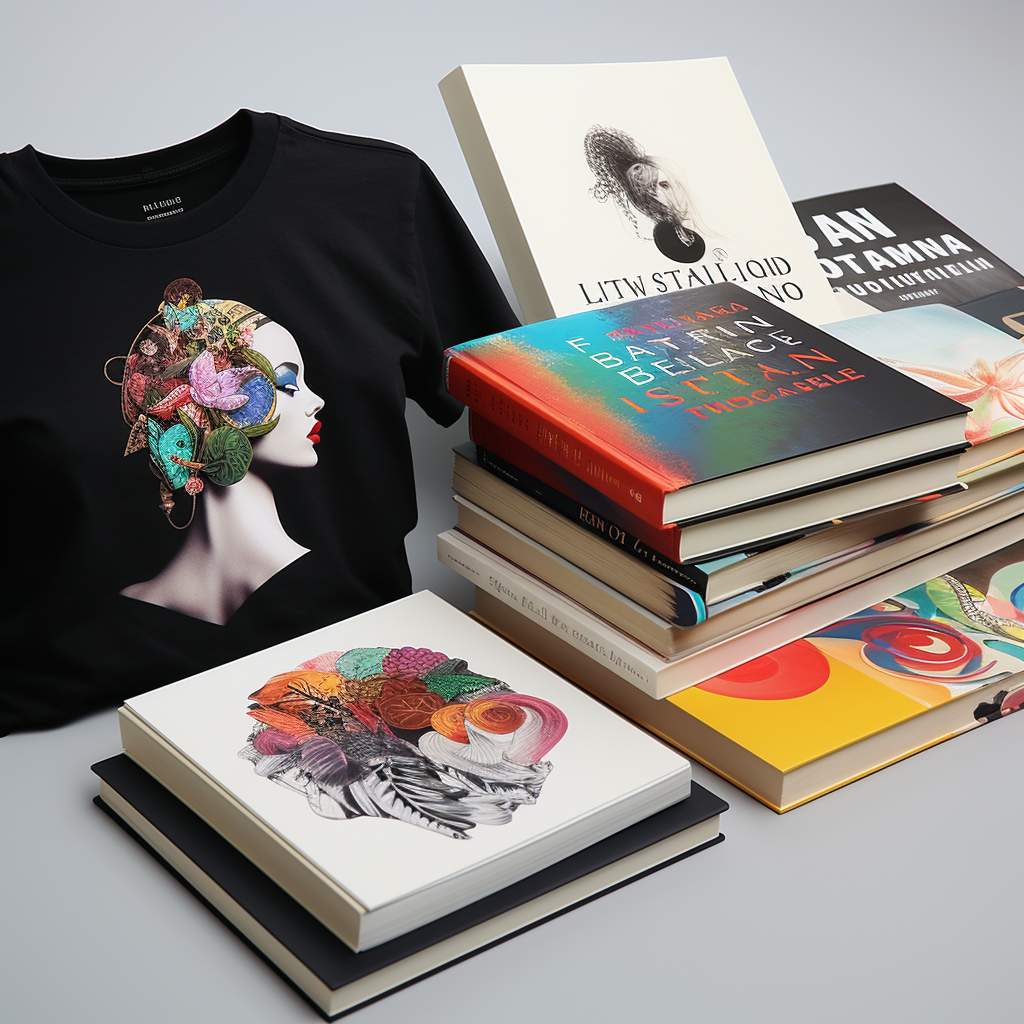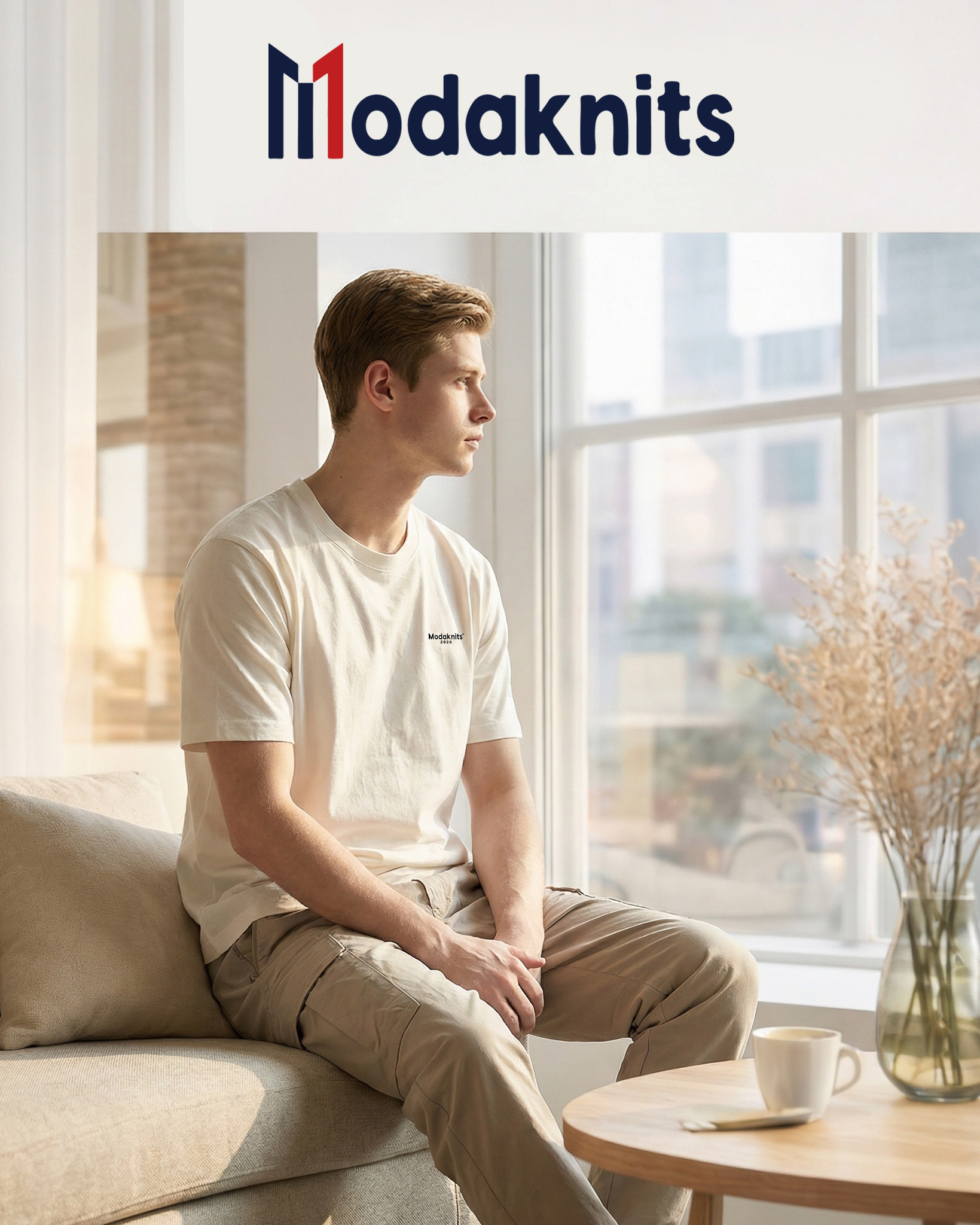Many buyers look for reliable clothing manufacturers in Eastern Europe. Bulgaria is one such option, but is the quality good enough? Let’s explore the factors that determine the quality of Bulgarian-made clothes.
Yes, clothes made in Bulgaria are generally high quality. The country has a strong textile industry, skilled workers1, and competitive pricing. Many European brands source from Bulgaria for its craftsmanship and proximity to Western markets.
But is it the best choice for your business? Let’s dive deeper into the quality of Bulgarian-made clothing and what to consider before sourcing.
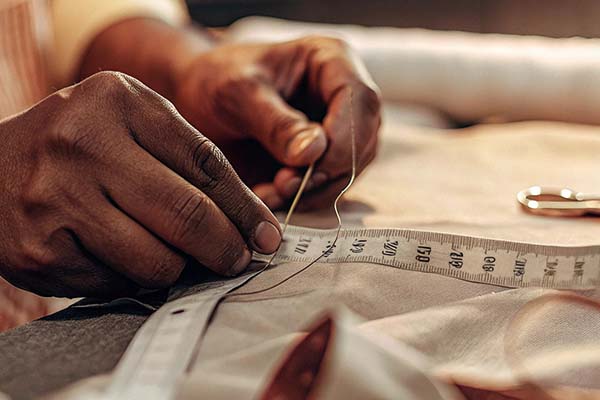
What makes Bulgarian-made clothes high quality?
Bulgaria’s textile industry has developed over decades. The country has a strong reputation for producing clothing for European brands.
Bulgarian-made clothes are high quality due to skilled labor, advanced manufacturing facilities, and strict EU production standards2. The country specializes in knitwear, outerwear, and formal apparel, offering durable and well-stitched products.
Skilled workforce
Bulgaria has a long history in textiles. Many workers are experienced in sewing, pattern-making, and fabric treatment. Unlike lower-cost manufacturing hubs, Bulgaria benefits from an educated workforce that values craftsmanship.
EU production standards
Since Bulgaria is part of the EU, manufacturers must follow strict regulations on materials, labor conditions, and product safety. This ensures consistent quality, especially for export markets like Western Europe.
Specialization in certain apparel types
Bulgaria excels in specific categories like:
| Apparel Type | Quality Factors |
|---|---|
| Knitwear | Strong stitching, durable fabrics |
| Outerwear | Well-insulated, high-quality zippers and buttons |
| Formal wear | Precise tailoring, premium fabrics |
These factors contribute to Bulgaria’s reputation as a reliable sourcing destination.
Are there drawbacks to sourcing from Bulgaria?
While Bulgarian clothing quality is strong, there are challenges to consider.
The main drawbacks of sourcing from Bulgaria are higher costs than Asia, limited production capacity, and supply chain delays. While quality is high, pricing may not be as competitive as China or Vietnam.

Higher labor and production costs
Bulgaria’s wages are lower than Western Europe but higher than Asia. This leads to higher production costs, making Bulgarian-made clothes more expensive than those from China, Bangladesh, or Vietnam.
Limited large-scale production
Many Bulgarian factories focus on small to mid-sized orders. Large brands requiring mass production may find fewer options compared to Asian manufacturers.
Supply chain and logistics challenges
Although Bulgaria is close to Western Europe, delays can occur due to material shortages or shipping congestion. Businesses need to factor in longer lead times.
How does Bulgarian quality compare to other manufacturing hubs?
To decide if Bulgaria is the right fit, let’s compare its clothing quality to other top manufacturing countries.
Bulgarian quality is comparable to Turkey and Portugal but more expensive than China and Vietnam. While craftsmanship is strong, cost efficiency varies depending on order size and material sourcing.
| Country | Quality Level | Cost | Strengths |
|---|---|---|---|
| Bulgaria | High | Medium-High | EU standards, skilled workers |
| Turkey | High | Medium | Strong textile industry, fast shipping to Europe |
| Portugal | Very High | High | Luxury brands, sustainability focus |
| China | Medium-High | Low | Mass production, cost efficiency |
| Vietnam | Medium | Low | Affordable pricing, growing expertise |
For brands seeking high quality but lower costs, Turkey or Portugal may be alternatives. For bulk production, China and Vietnam remain dominant players.
What should buyers consider before choosing a Bulgarian supplier?
Before placing an order, businesses must evaluate suppliers carefully.
Key factors to consider when sourcing from Bulgaria include minimum order quantities (MOQs), material quality, factory certifications, and production timelines. Visiting the factory or requesting samples can help assess reliability.

MOQs and production flexibility
Some Bulgarian factories cater to small and mid-sized brands, while others require higher MOQs. Buyers should check if a supplier can handle their order volume.
Material sourcing and quality
While Bulgaria has strong production facilities, some fabrics may still be imported. Checking fabric origin and quality ensures consistency.
Factory audits and certifications
Look for EU compliance certifications like:
- OEKO-TEX®3 (Ensures fabric safety)
- ISO 90014 (Quality management standards)
- GOTS5 (Global Organic Textile Standard for sustainable fabrics)
A factory with these certifications is more likely to maintain high-quality production.
Is Bulgaria the right sourcing destination for your business?
Bulgaria has many advantages, but it may not suit every brand’s needs.
Bulgaria is ideal for brands seeking high-quality EU-made clothing, but it may not be the best choice for low-cost, large-scale production. Businesses should compare pricing, lead times, and product types before making a decision.
If quality and EU compliance matter more than cost, Bulgaria is a strong choice. But for large bulk orders at lower prices, Asian countries may be more suitable.
Conclusion
Bulgaria produces high-quality clothing with skilled labor and EU standards. However, costs are higher than in Asia, and production capacity is more limited. Businesses should assess their priorities—quality versus cost—before deciding on a sourcing location.
-
Describes how skilled labor contributes to consistent garment quality. ↩
-
Details regulatory compliance for Europe’s textile sector. ↩
-
Explains restricted chemicals usage ensuring safety in fabric production. ↩
-
Shows processes for consistent manufacturing outputs across industries, including textiles. ↩
-
Covers organic fiber criteria, environmental considerations, and social compliance for apparel manufacturing. ↩


